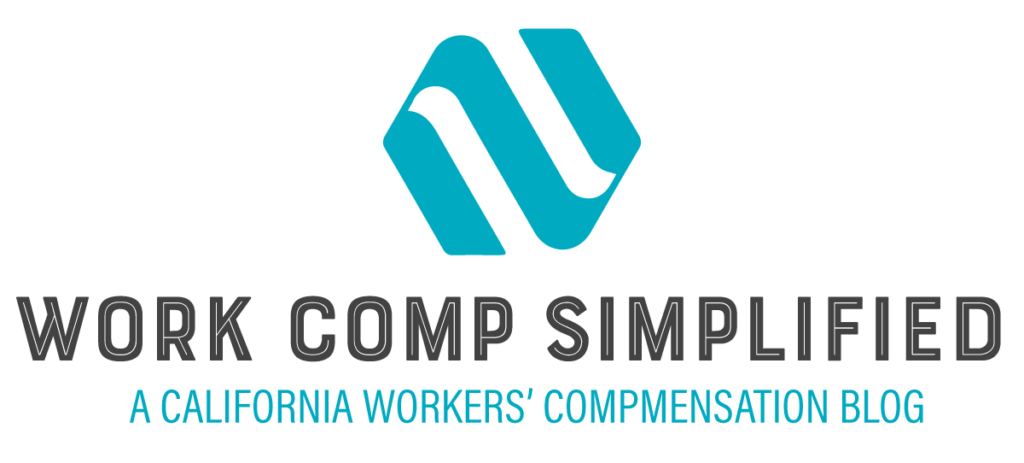In recent years, businesses and organizations are increasingly relying on the contributions of gig workers and independent contractors. In the fall of 2019, Governor Gavin Newsom signed California Assembly Bill 5 (AB 5) into law; the bill restricts an employer’s ability to classify a worker as an independent contractor. There are strict rules that must be followed in employee classification. Here, our California workers’ comp defense lawyers provide an overview of AB 5 and explain its implications for workers’ compensation.
AB 5 is California’s ‘Gig Worker’ Law
In April of 2018, the California Supreme Court established the ‘ABC Test’ for determining whether or not a worker is an employee or an independent contractor (Dynamex Operations West, Inc. v. Superior Court). Assembly Bill 5 confirms and expands this decision. Sometimes referred to as California’s ‘Gig Worker’ law, AB 5 imposes far more strict requirements for employee classification.
A New Test to Determine if a Worker is an ‘Employee’ or an Independent Contractor
AB 5 codifies California’s ‘ABC’ test for employee classification. Employers do not have a unilateral right to decide whether or not an individual is a worker or an independent contractor. In order to properly classify an individual as an independent contractor in California, a company or organization must ensure that the following three-pronged test is satisfied:
- The individual is free from the direct control of the employer—independent contractors must have a degree of freedom in how and when they complete their work;
- The work performed by the individual is outside the standard scope of business of the employer;
- The individual provides services consistent with his or her established trade, occupation, or business.
Workers’ Comp Policies Should be Compliant With California Law
California’s AB 5 law governs worker classification. It has important implications for a number of different workplace protections, benefits, including minimum wage, overtime pay, and sick leave. Additionally, classification affects workers’ compensation insurance. Generally speaking, a company’s workers’ comp premium is determined by its total payroll.
Of course, payments to independent contractors are expenses, but these costs are typically not included in a company’s payroll. Independent contractors are not covered by California’s mandatory workers’ comp insurance regulations. All companies and organizations should ensure that their workers’ comp policies are fully compliant with California state law. Workers must be properly classified. Employers that fail to provide workers’ comp coverage run the risk of facing financial liability or civil penalties as an uninsured employer. The risk of being an uninsured employer is significant.
Call Our California Workers’ Comp Attorneys for Immediate Help At Yrulegui & Roberts, our California workers’ compensation lawyers represent every client with honesty, integrity, and exceptional professional skills. If you have any questions about AB 5 and workers’ comp, we are available to help. Contact us now for a completely confidential, no commitment case evaluation. With legal offices in Fresno, Sacramento, and Bakersfield, our law firm serves communities throughout the wider region, including Stockton, Redding, and San Jose.

